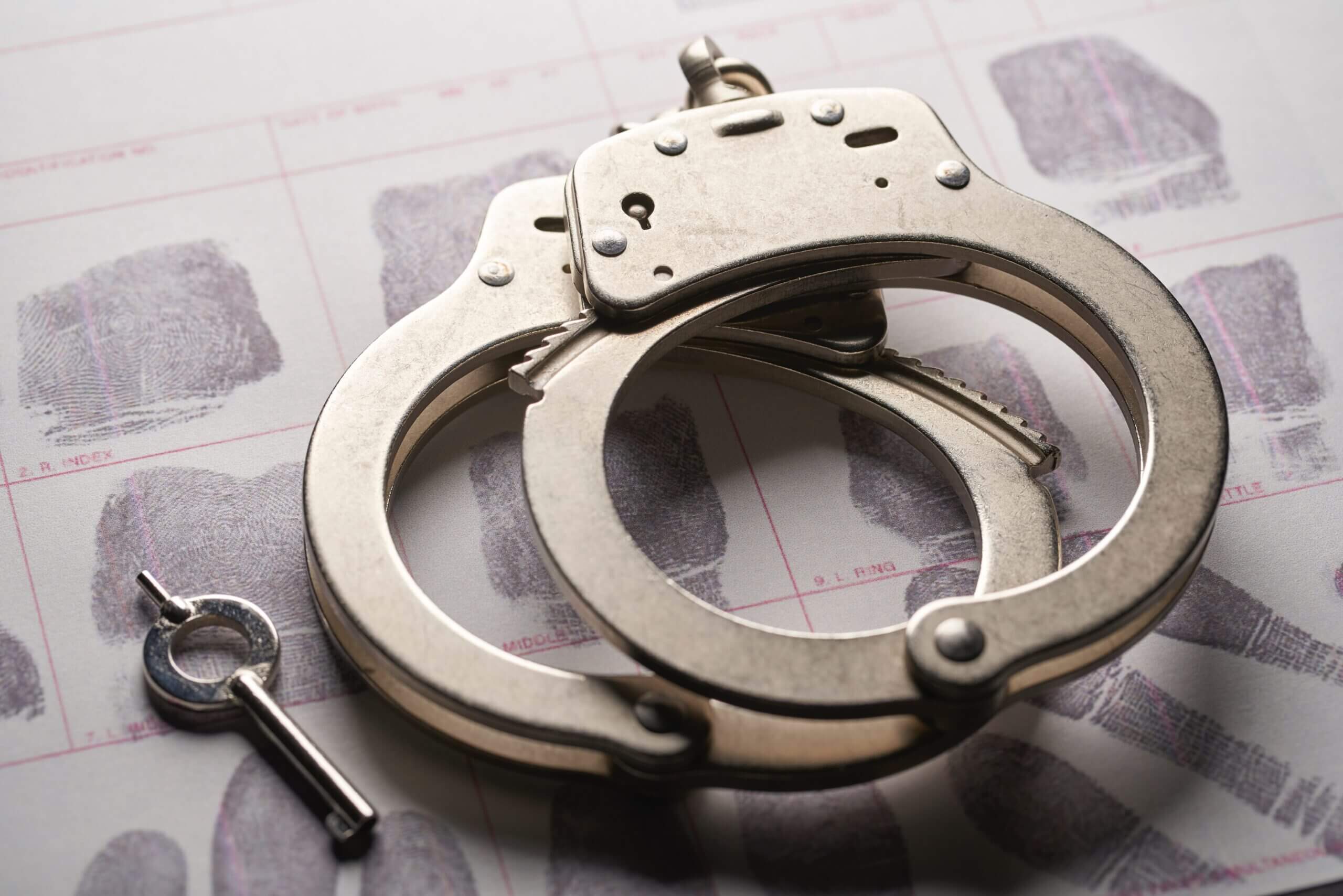Wicker Marks Progress Since Katrina
By: U.S. Sen. Roger Wicker (R-Miss.)
Mississippi’s Strength Shines on 20th Anniversary
This month marks the 20th anniversary of Hurricane Katrina, a tragedy Mississippians will always remember for its devastation and for our state’s strong and generous response. I will never forget traveling to the coast with a convoy of North Mississippi volunteers, including my wife, Gayle. As we neared the coast, we saw the destruction caused by the 125 mile per hour winds and the 30-foot storm surge.
The damage was breathtaking, but we were also struck by the resolve Mississippians demonstrated. At a church in George County, we helped unload an eighteen-wheeler full of supplies. The scene was a small example of the can-do attitude that characterized our state. That spirit helped us not only recover but also emerge stronger than before.
More Than Recovery
Hurricane Katrina remains the costliest hurricane in our nation’s history. Residents of the Gulf Coast have no trouble believing that. Thousands of homes, businesses, and schools were flattened. The storm swept away bridges and roads, isolating cities and towns from one another. Billions of dollars had to be spent just to rebuild neighborhoods and communities.
Of course, Mississippi did more than simply restore what was lost. In the 20 years since, we have turned our Gulf Coast into an even more bustling hub of commerce, innovation, and tourism. Families and companies have relocated to our cities and towns. Private investment is creating a cycle of growth that shows no signs of slowing. Just this month, Amtrak passenger rail returned, bringing visitors and business people to stations along our shoreline.
Improving Disaster Response
Another one of Hurricane Katrina’s enduring legacies is the government’s improved handling of each stage of a natural disaster. In the years since, I have worked with researchers at the National Oceanic and Atmospheric Administration to hone the methods we use to track storms and deliver storm warnings.
When storms do strike, we are better equipped to blunt their impact and to handle the immediate aftermath. We have completed mitigation projects, such as seawalls, levees, barrier islands, and resilient power systems, all of which reduce risk from storms. The state’s network of response centers streamlines relief efforts. The Mississippi Emergency Management Agency (MEMA) has become a best-in-class disaster response organization.
President Trump has discussed reforming the Federal Emergency Management Agency (FEMA) whose burdensome processes often trapped assistance payments in red tape. I am supportive of efforts to reduce FEMA’s D.C.-based bureaucracy and instead quickly send federal aid dollars directly to on-the-ground agencies like MEMA.
Katrina also showed us that long-term recovery systems were ripe for change, especially regarding home insurance. I introduced and passed the COASTAL Act to ensure property owners receive fair compensation after devastating storms. After Hurricane Katrina, many Mississippians’ insurance claims were stuck in disputes over the source of damage. That law improved storm data collection, clarifying these “wind versus waters” debates. Home insurance also became prohibitively expensive after the storm. I have supported efforts to reform and provide for a long-term authorization of the National Flood Insurance Program, including by lowering the premium increases cap.
Looking Forward
We know potential storms are a part of life for us all. These measures give us the peace of mind to invest, put down roots, and develop the region. This month, I traveled across the Mississippi coast and once again witnessed how far we have come. We will always remember Hurricane Katrina. But we are even more committed to looking forward toward the bright future of our coast and state.
This column is the weekly Wicker Report from U.S. Sen. Roger Wicker, who is solely responsible for its content.






